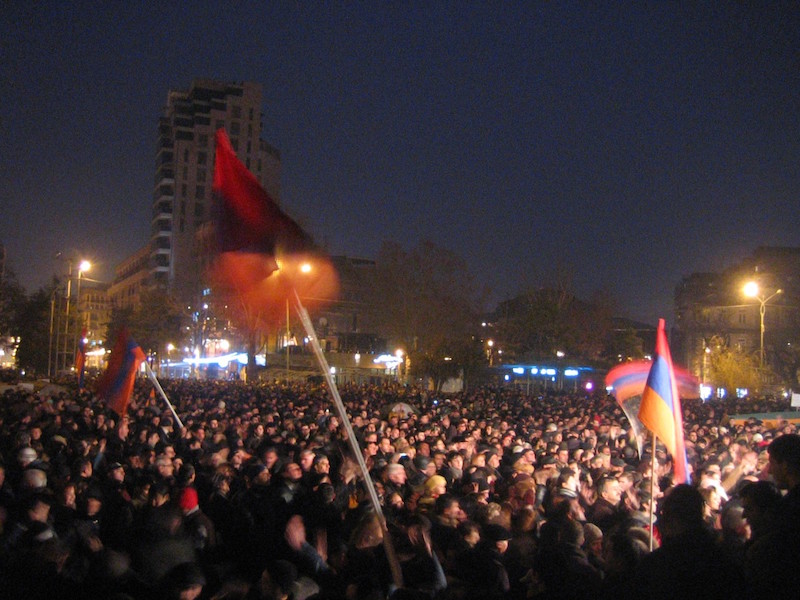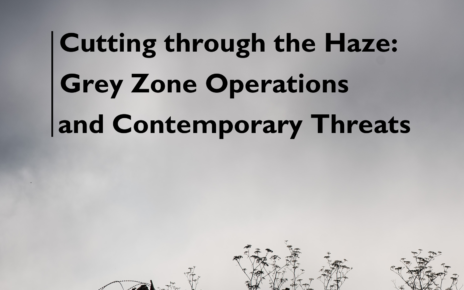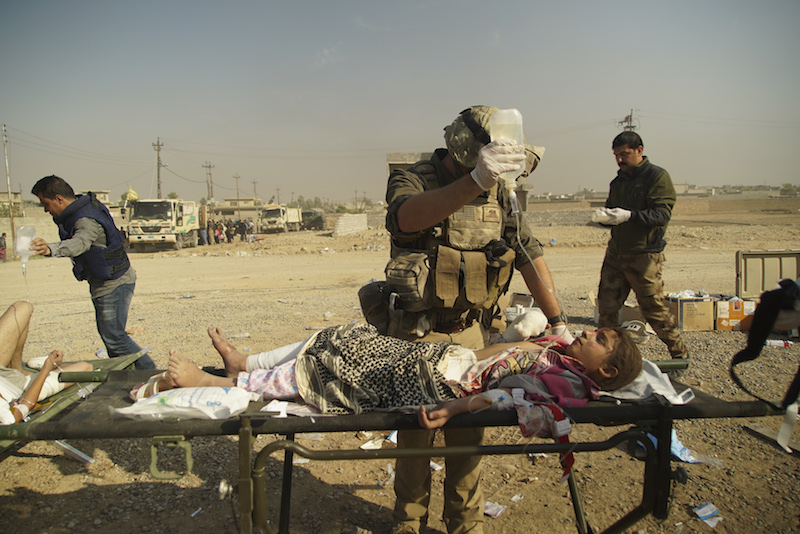Conflict between Armenia and Azerbaijan should be of great concern to the Euro-Atlantic. Should war break out, not only would it be deadly, but the outflow of refugees and the disruption of Azerbaijan’s supply of oil and natural gas could destabilize two crucial allies in the region, Georgia and Turkey. Should the Euro-Atlantic fail to get involved, Armenia, which has previously expressed interest in aligning itself with the West, may interpret this lack of involvement as indifference, and therefore decide to pivot towards Russia.
Consequently, the Euro-Atlantic has a significant role to play to help reduce hostilities between the two countries. First, countries in the Euro-Atlantic should aim to resolve the status of Nagorno-Karabakh, as the question of whether it should join Armenia or remain part of Azerbaijan is the primary reason for the continuing conflict. To do so, they could make clear they recognize Nagorno-Karabakh’s right to self-determination because according to international law, while a general right to self-determination does not exist, such a right does exist when a people is subject to gross and systemic violations. Given the ethnic cleansing (PDF) experienced by Armenians living in Nagorno-Karabakh, it should not be hard to argue that such a right exists.
However, as long as Azerbaijan believes that there is a chance that it can consolidate Nagorno-Karabakh as part of its territory, the two countries will be unlikely to come to an agreement. Consequently, by affirming the right to self-determination, the Euro-Atlantic would signal this is not an option, although should make clear that its affirmation of the right to self-determination does not imply approval of Armenia’s occupation of the region. Such a case can be made on the basis of international law, according to which another state cannot use force (PDF) to ensure a right to self-determination. If members of the Euro-Atlantic fail to make this clear, Armenia may feel emboldened to increase its military presence in the region and risk war with Azerbaijan.
The three Euro-Atlantic countries in the United Nations Security Council (UNSC) — France, the United Kingdom and the United States — should try to bring the question of Nagorno-Karabakh’s self-determination to the UNSC. Doing so would bring significant weight, since resolutions are binding when undertaken by the UNSC. While the three countries of the Euro-Atlantic often face blocks to establishing resolutions due to frequent vetoes from China and Russia, this is less likely to be the case regarding the Nagorno-Karabakh right to self-determination as both China and Russia’s relations are far stronger with Armenia than with Azerbaijan.
Second, the Euro-Atlantic should support freedom of press and civil society in Armenia and Azerbaijan. For both countries, restricting freedom of press and civil society allows the government to promote nationalist propaganda, which legitimizes military aggression and rallying the population when clashes occur between the two countries. Free media and civil society can help delegitimize the government’s narrative by exposing human rights abuses, highlighting the deadliness of military clashes, and debunking lies.
The Euro-Atlantic can promote freedom of press and civil society by condemning human rights violations when they occur, and can make it clear to Armenia that its aspirations to join organizations associated with the Euro-Atlantic, such as the EU, will not be met as long as journalists and news media continue to be oppressed. They could also increase funding for independent press and civil society. The EU already supports (PDF) a number of civil society organizations in Armenia involved in peace building, although these efforts have been criticized (PDF) as being too limited.
It must be noted that recognition of Nagorno-Karabakh’s right to self-determination while also supporting free press and civil society comes with risks. Both countries may criticize support of free press and civil society as meddling in their domestic affairs, while recognition of self-determination could generate notable backlash from Azerbaijan. However, the level of backlash may be reduced if the Euro-Atlantic takes a balanced approach to resolving the issue, such as by making clear that recognition does not confer approval of Armenia’s occupation, and that they condemn the ethnic cleansing of Azeris in the region and recognize the right of return for those Azeris that have been displaced. Considering the alternative to involvement in resolving the situation — a devastating war between the two countries — these risks are worth taking.
Photo: The fifth day of the Armenian presidential protests. During the night, a crowd of about 30-40,000 people carried out a peaceful rally at the Opera (Freedom) Square in the capital Yerevan (2008), by Serouj via Wikimedia Commons. Licensed under CC BY-SA 3.0.
Disclaimer: Any views or opinions expressed in articles are solely those of the authors and do not necessarily represent the views of the NATO Association of Canada.




